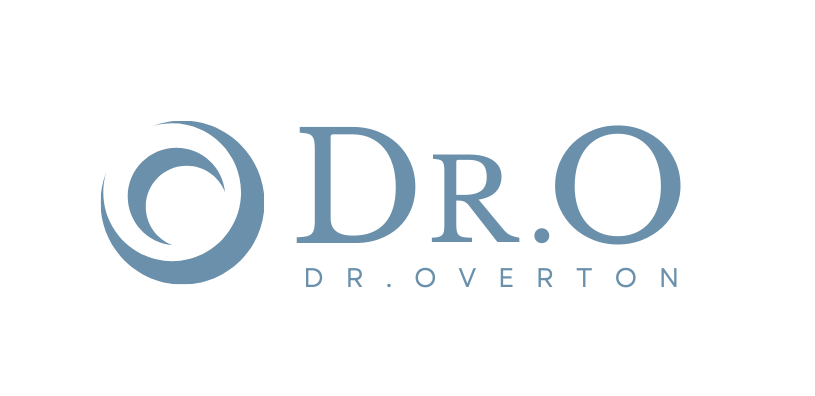Addiction is a complex and challenging issue that affects millions of individuals worldwide. It not only takes a toll on the person struggling with addiction but also impacts their loved ones and society as a whole. At Premier Spine Pain & Rehabilitation, we understand the importance of early intervention and provide comprehensive medication-assisted treatment (MAT) to support individuals on their journey to recovery. In this blog post, we will explore the signs and symptoms of addiction, offer guidance on how to identify when someone needs help, and provide additional information to make this as comprehensive as possible.
Understanding Addiction
Addiction is a chronic disease characterized by compulsive drug seeking and use, despite harmful consequences. It affects the brain, behavior, and overall well-being of individuals. Addiction can lead to physical, psychological, and social consequences, causing a significant impact on all aspects of a person's life. Recognizing addiction as a disease is crucial in reducing stigma and promoting empathy and understanding.
Common Signs and Symptoms of Addiction
Addiction manifests in various ways, and it's essential to recognize the signs and symptoms. Here are some common indicators:
The treatment plan at Premier Spine Pain & Rehabilitation may include:
1. Physical signs:
- Changes in appearance and hygiene, such as neglecting personal grooming.
- Unexplained weight loss or gain due to changes in appetite and nutrition patterns.
- Bloodshot eyes or pupils that are larger or smaller than usual, indicating the influence of substances.
2. Behavioral signs:
- Social withdrawal and isolation, as individuals with addiction often distance themselves from friends, family, and social activities.
- Mood swings, irritability, and unpredictable behavior resulting from the influence of substances and the emotional toll of addiction.
- Engaging in risky or impulsive behaviors, such as reckless driving or theft, to obtain drugs.
3. Psychological signs:
- Obsession with obtaining and using the substance, leading to a preoccupation with drug-seeking behavior.
- Loss of interest in previously enjoyed activities and hobbies due to the overwhelming focus on drug use.
- Difficulty concentrating or maintaining focus, as addiction can impair cognitive functions and attention span.
How to Recognize When Someone Needs Help
Identifying when someone needs help for addiction can be challenging, but certain red flags can indicate a problem. Here are some signs to look out for:
- Increased secrecy and lying to cover up substance abuse.
- Financial difficulties or unexplained expenses, as addiction often leads to financial strain due to excessive spending on drugs.
- Legal problems related to substance abuse, such as arrests for drug possession or driving under the influence.
Changes in relationships and social dynamics can also be indicative of addiction:
- Deterioration of relationships with family and friends, characterized by conflicts, distrust, and strained communication.
- Loss of interest in socializing and engaging in activities previously enjoyed, leading to isolation and a sense of detachment.
If you suspect a loved one may be struggling with addiction, trust your instincts and seek guidance from addiction specialists or healthcare professionals. Early intervention can make a significant difference in their journey to recovery.
The Role of Premier Spine Pain & Rehabilitation in Addiction Treatment
At Premier Spine Pain & Rehabilitation, we are dedicated to providing comprehensive medication-assisted treatment (MAT) to individuals struggling with addiction. MAT combines FDA-approved medications with counseling and support services to address the physical, psychological, and social aspects of addiction.
MAT offers numerous benefits, including:
- Managing withdrawal symptoms and reducing cravings, promoting a more comfortable detoxification process.
- Preventing relapse and increasing the chances of long-term recovery by addressing the physiological changes associated with addiction.
- Providing a supportive environment with counseling and behavioral therapies to address the underlying causes of addiction.
Our team of experienced healthcare professionals is committed to tailoring treatment plans to meet the unique needs of each individual. We understand that addiction is a complex condition, and we provide personalized care and ongoing support to promote successful recovery.
FAQs - Frequently Asked Questions:
The duration of MAT varies for each individual and depends on their unique circumstances. It can be short-term or long-term, depending on factors such as the severity of addiction, the progress made during treatment, and the individual's personal goals and needs. Treatment plans are personalized to ensure the best possible outcomes.
Conclusion
References:
1. National Institute on Drug Abuse (NIDA)
2. Substance Abuse and Mental Health Services Administration (SAMHSA)
3. American Society of Addiction Medicine (ASAM)
4. Alcoholics Anonymous (AA)
5. Narcotics Anonymous (NA)
6. SMART Recovery
7. Partnership to End Addiction
8. National Helpline for Substance Abuse and Mental Health
9. National Alliance on Mental Illness (NAMI)



COMMENTS